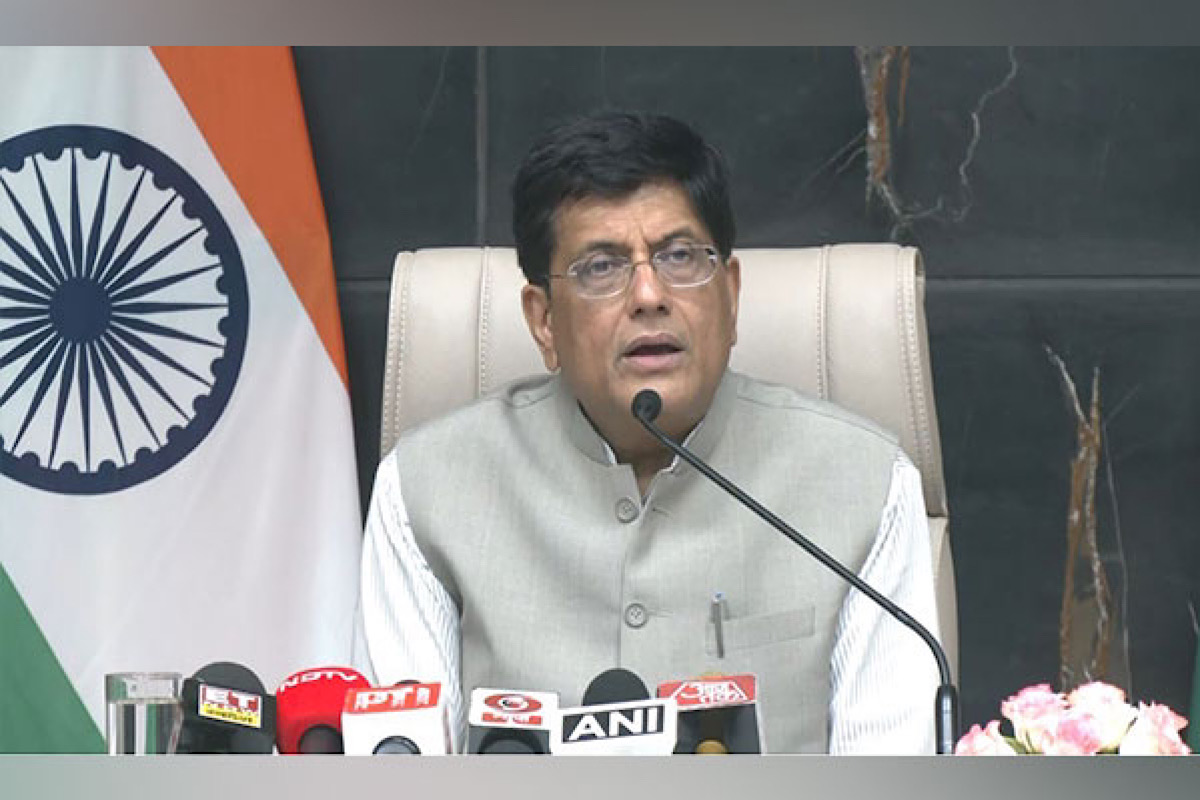The Terai Indian Planters’ Association (TIPA) has expressed its gratitude to Union Minister of Commerce and Industry Piyush Goyal for his commitment to resolving key issues faced by the tea industry. During an interactive session held on 30 November 2024 at Dispur in Assam, the minister assured stakeholders of prompt action, particularly concerning pending subsidy matters.
TIPA lauded the minister for adopting a constructive approach to the industry’s concerns. The association welcomed his assurance to address subsidy-related issues and appreciated his proposal to initiate inspections and allied measures.
Advertisement
TIPA members expressed hope that the Tea Board would soon receive instructions to commence inspections for applicants who have already submitted their subsidy claims, having completed all necessary formalities and documentation. TIPA also agreed to implement stricter procedures for granting subsidies. The association emphasised that subsidy claims must not be based on false documentation or undue influence on officials. It called for stringent measures to penalize wrongdoers, whether they are tea estates or errant officials.
In addition, TIPA praised the ministry’s focus on eliminating non-compliant teas that fail to meet FSSAI standards, which pose significant environmental and health risks. The association committed to adhering to Tea Board recommendations and using only approved chemicals listed in the Plant Protection Code (PPC).
The recently devised system of sampling teas offered at auctions was acknowledged as a positive step. However, TIPA highlighted that many production units bypass auctions, leaving their teas untested. “The strict implementation of compliance measures will suppress excess production and bring a balance between supply and demand,” TIPA stated in a Press statement.
The association further called for measures to halt the sale of banned chemicals to tea producers and farmers to ensure FSSAI-compliant production for both domestic and export markets. TIPA urged the government to take strict action against the production of inferior-quality teas and recommended curbing the sale of tea waste from factories, except for export purposes.
It pointed out that tea waste contributes significantly to the production of substandard teas and suggested that restricting its sale could reduce annual production by at least 2 per cent. TIPA remains optimistic about the government’s proactive steps to rejuvenate the tea industry and ensure sustainable and quality production standards, the statement said.











